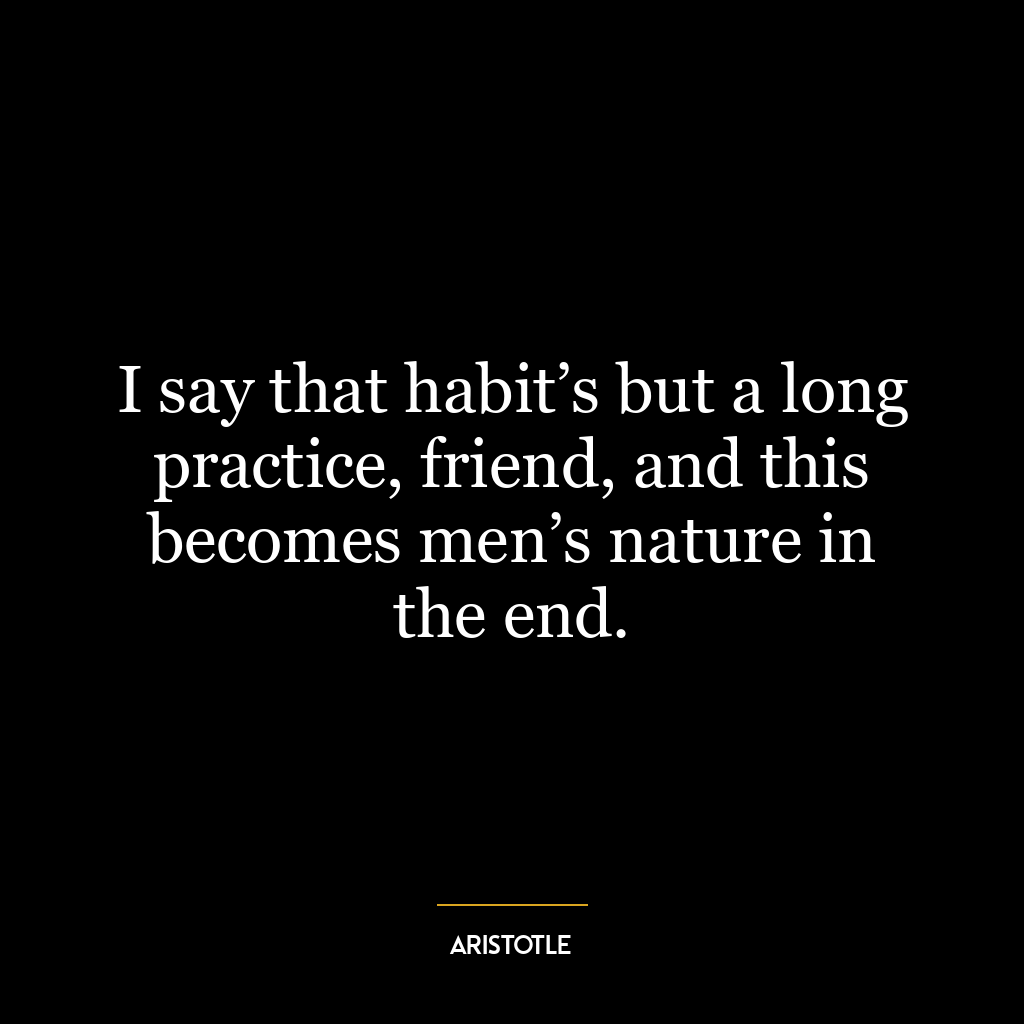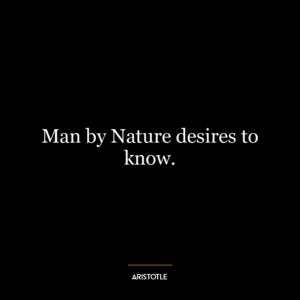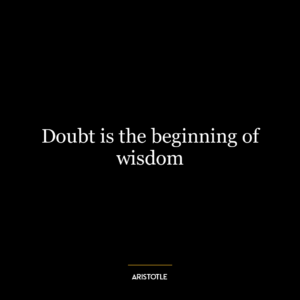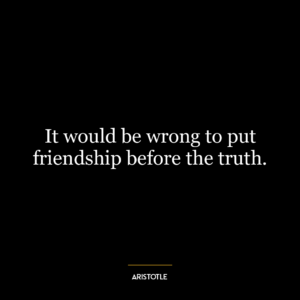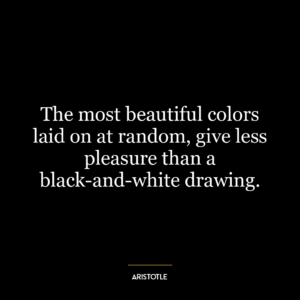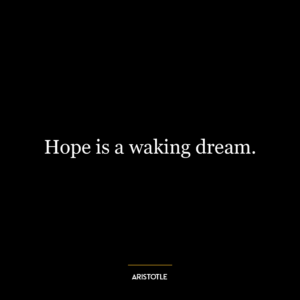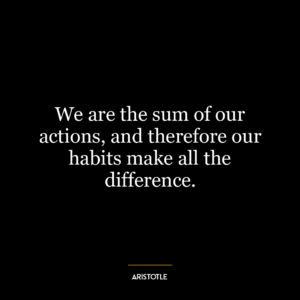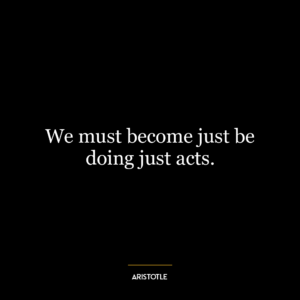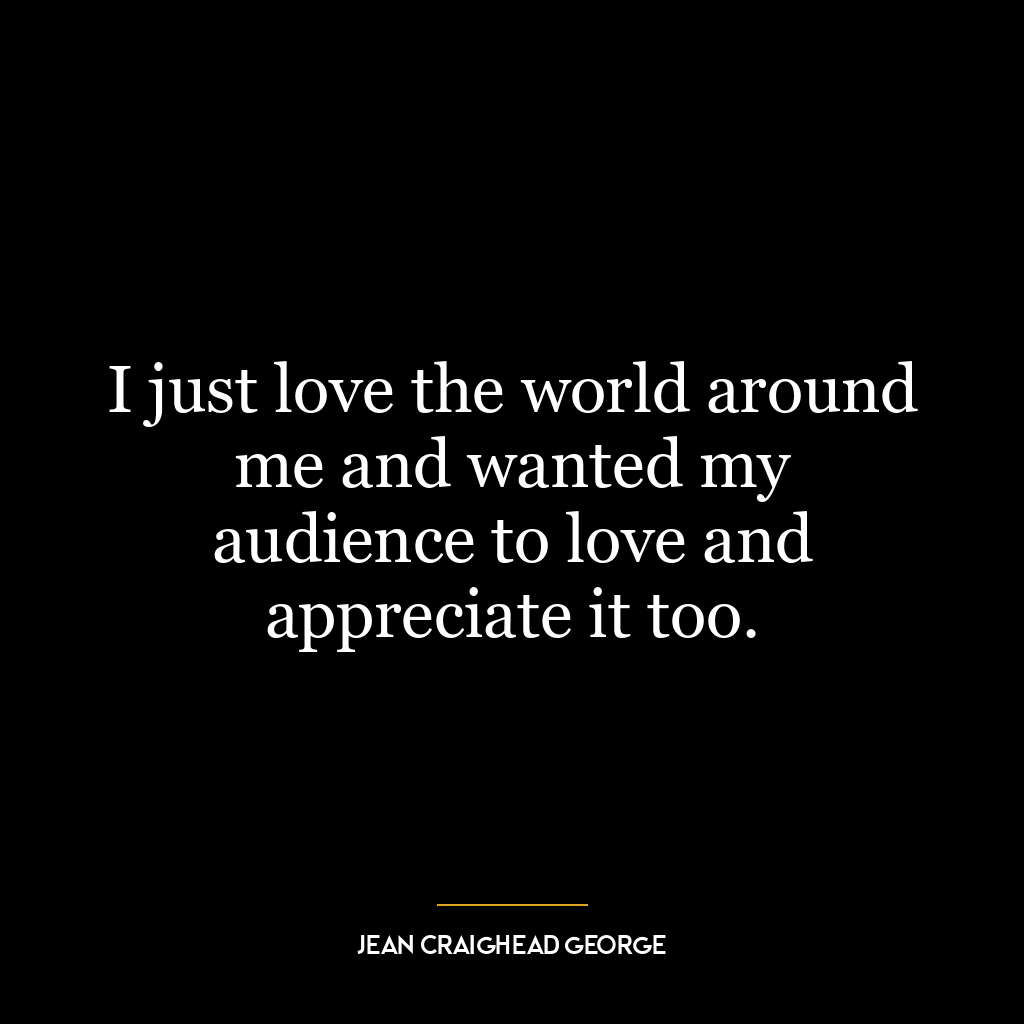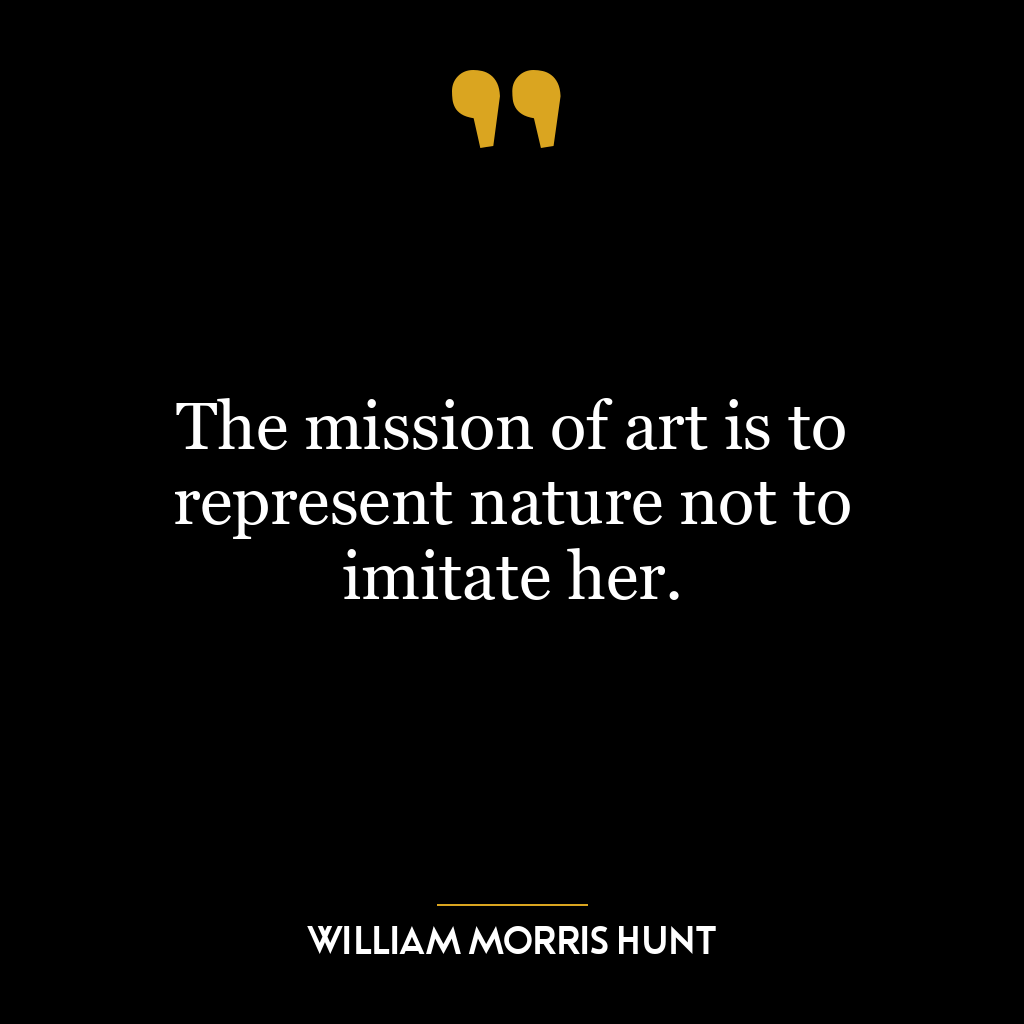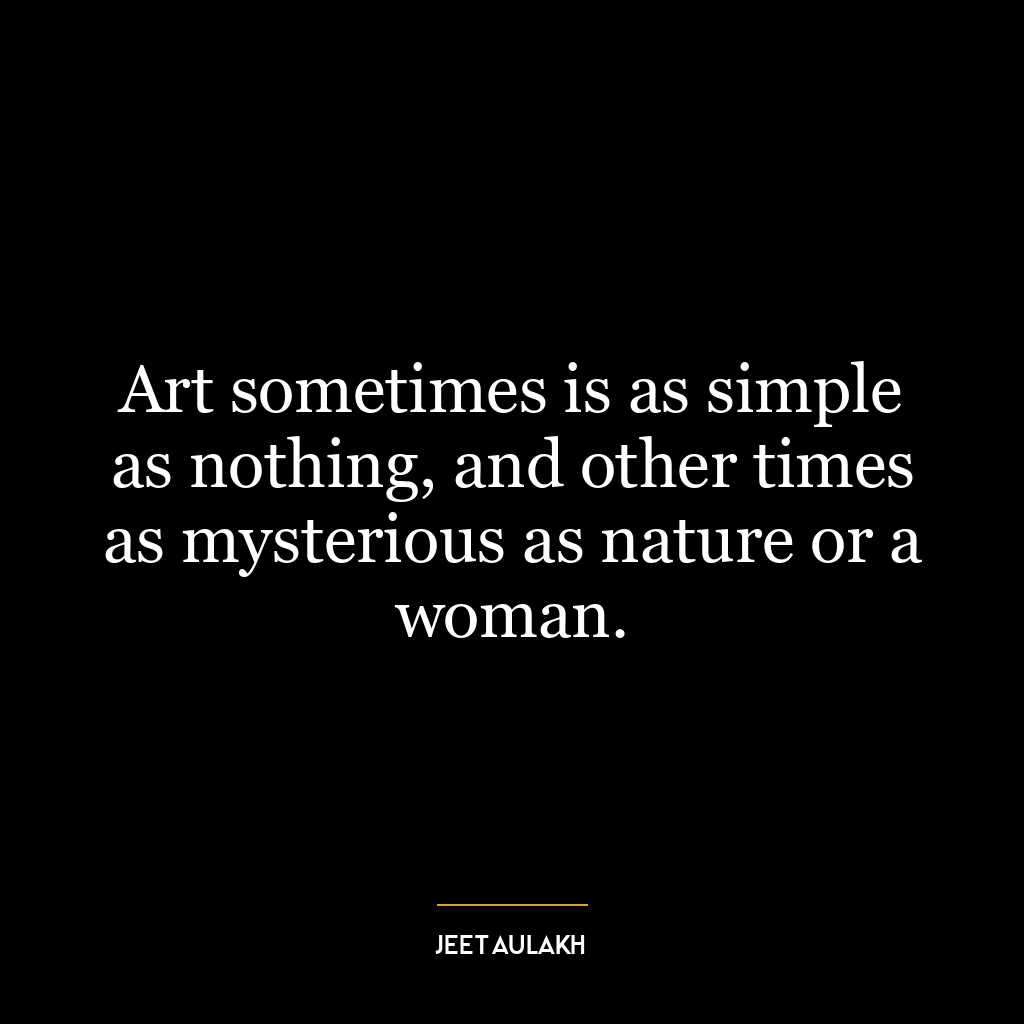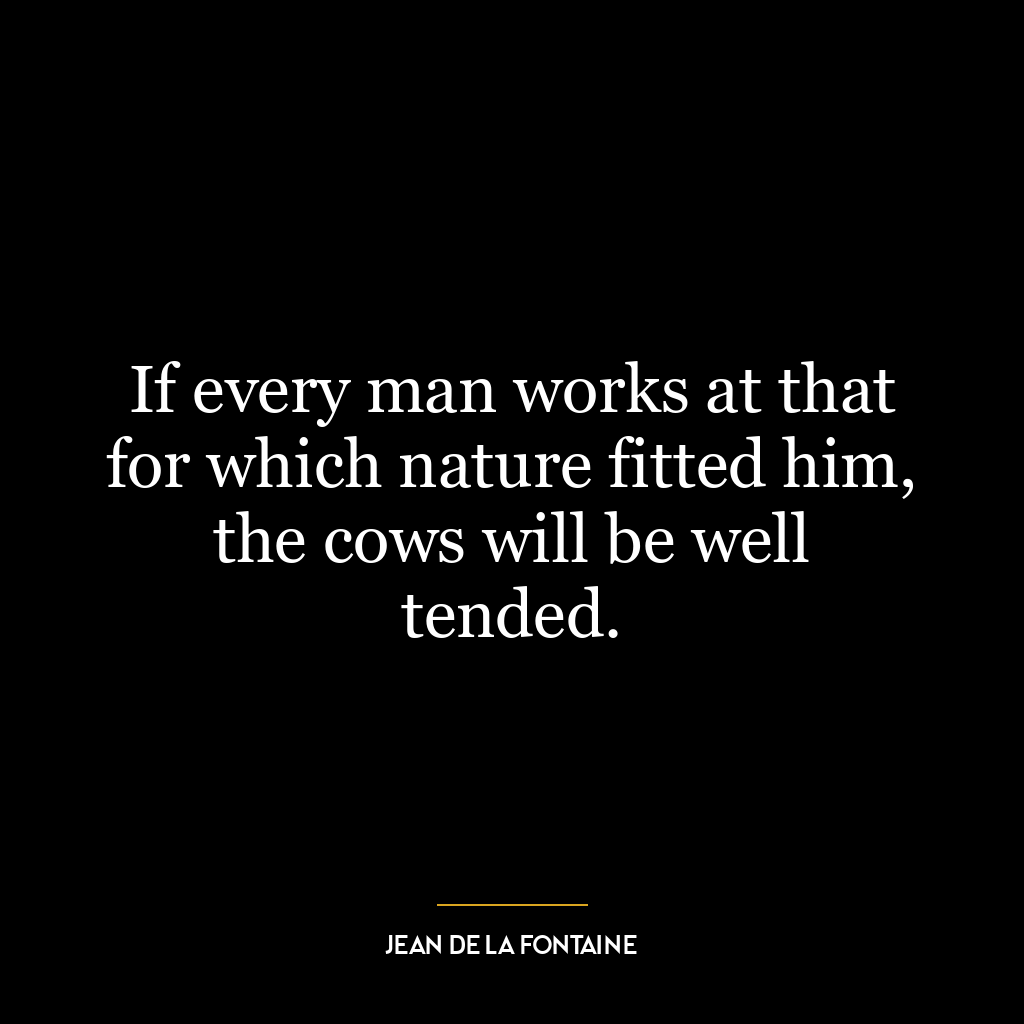This quote suggests that habits, which are formed through repeated actions over time, eventually become a part of our nature. In other words, what we repeatedly do, we eventually become. This concept is rooted in the idea that our actions, when performed consistently over time, shape our character and define who we are.
Take the example of a person who wants to become a writer. It is not enough for them to simply want to be a writer, they must make writing a habit. They must write consistently, every day, until writing becomes second nature to them. Over time, this habit of writing daily will shape their identity and they will not only be a person who writes, but a writer.
This idea can be applied in today’s world in numerous ways. For instance, in personal development, if you want to become more disciplined, you can start by creating small habits that require discipline, such as waking up early, working out regularly, or setting aside time each day for focused work. Over time, these habits will become part of your nature and you will become a more disciplined person.
In the context of professional development, if you want to become a better leader, you can start by practicing leadership habits, such as listening actively, providing constructive feedback, and taking responsibility for your actions. As you continue to practice these habits, they will become a part of your nature and you will become a better leader.
In a broader societal context, this idea suggests that societal change can be achieved through the formation of new habits. For instance, if we want to create a more sustainable society, we can start by forming habits that are more environmentally friendly, such as recycling, reducing our consumption, and using renewable energy sources. Over time, these habits will become a part of our collective nature and our society will become more sustainable.
In conclusion, this quote suggests that habits are powerful tools that can shape our identity, our character, and our society. By consciously choosing our habits, we can shape who we become and the kind of society we live in.

